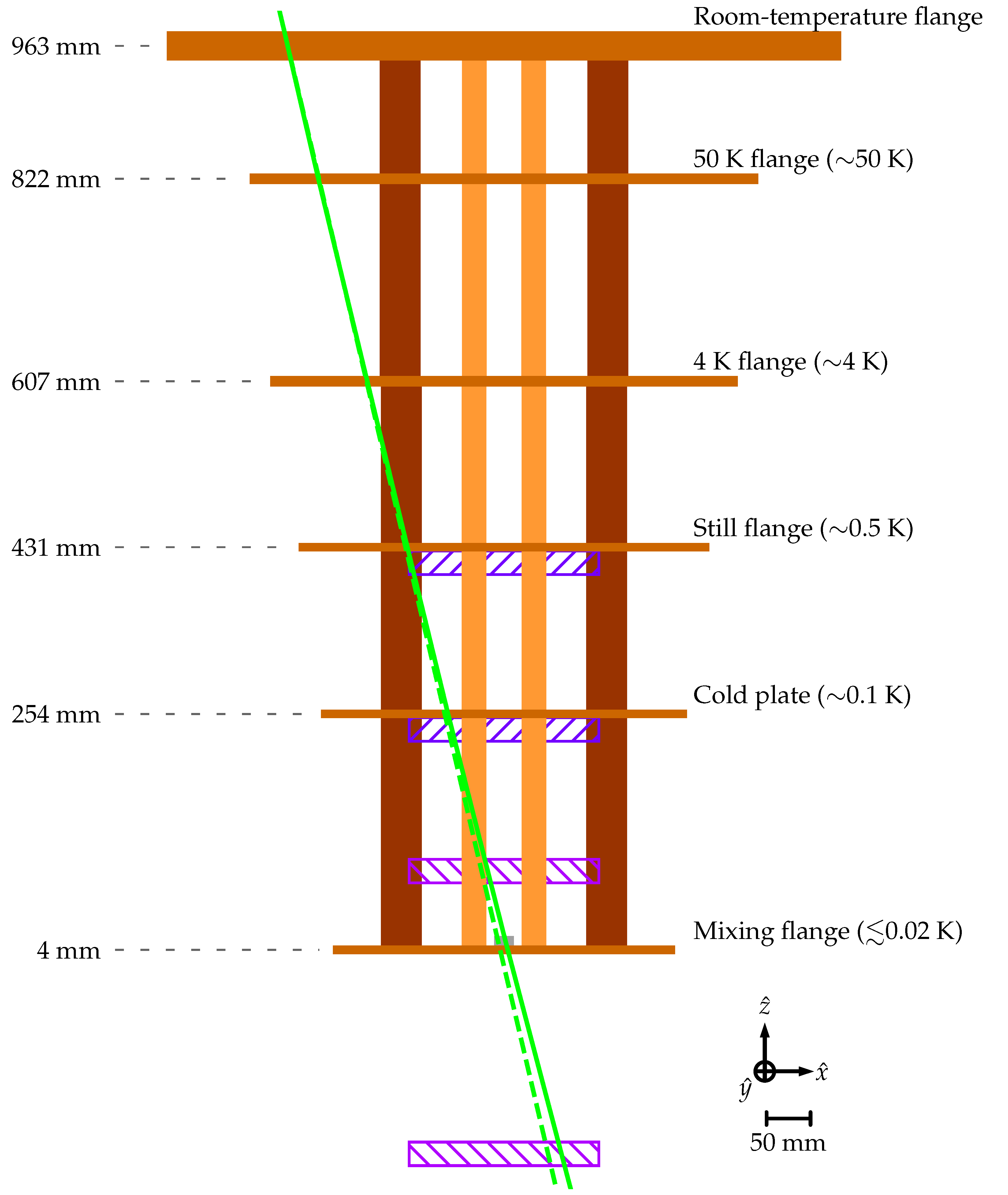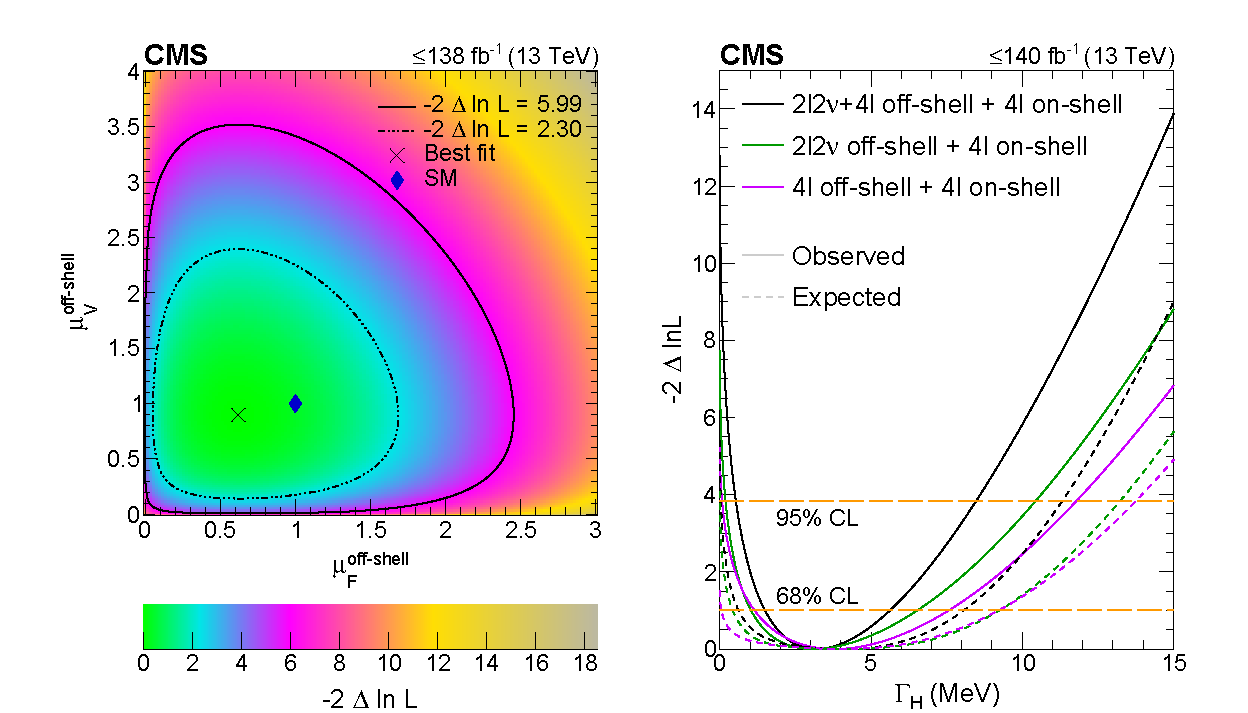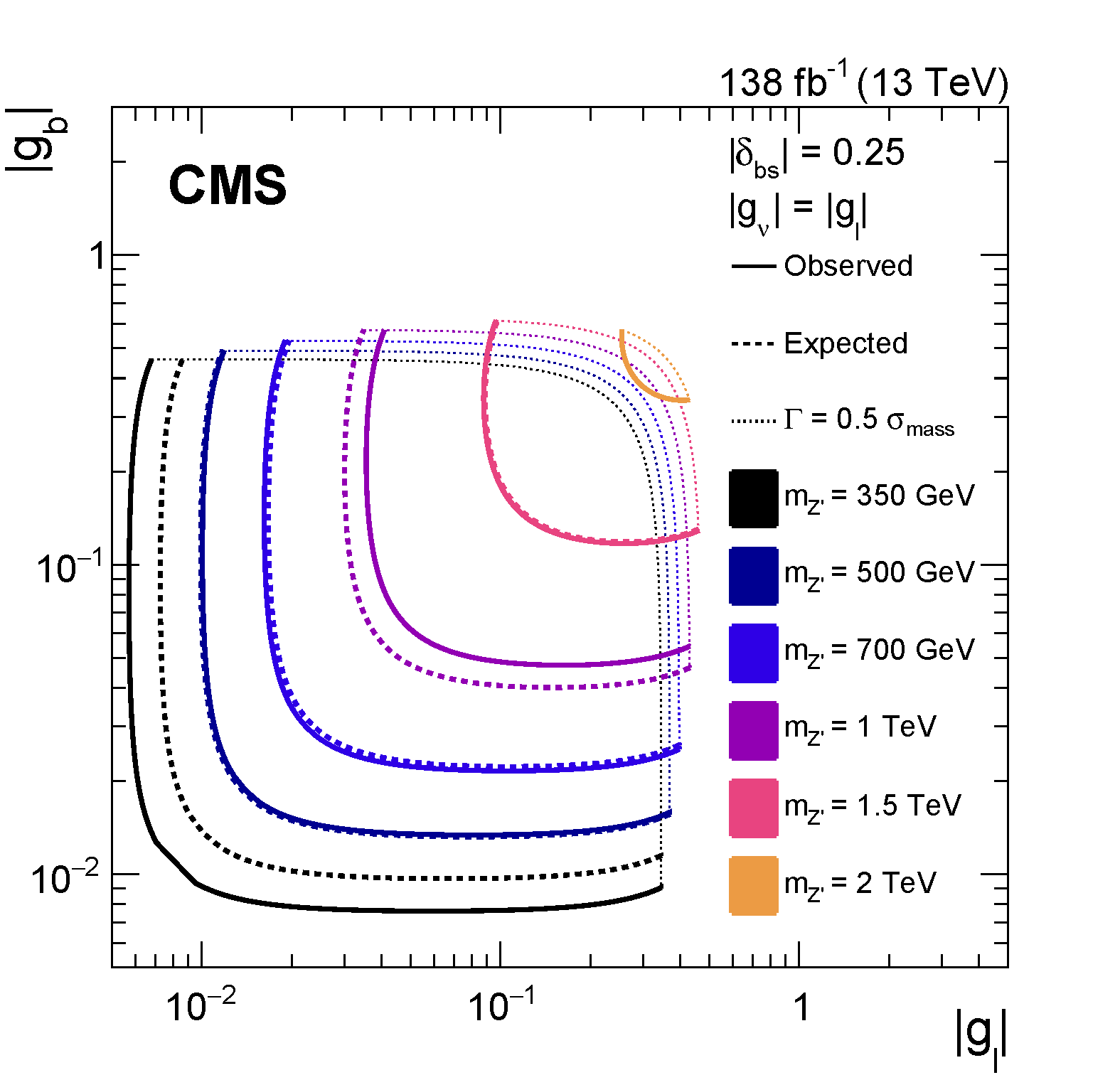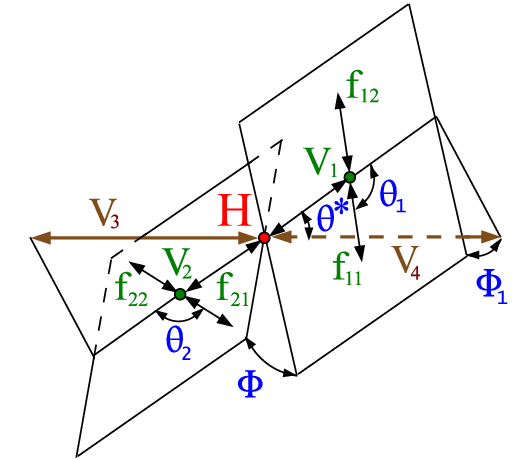





Ulaşcan holds a Ph.D. in Experimental Particle Physics from Johns Hopkins University (2018), where he received the Springer Theses publication award. He also earned dual B.S. degrees in Physics and Molecular Genetics (magna cum laude) and a minor in Mathematics from the University of Rochester, and was selected to the Phi Beta Kappa Society (2013).
- Modeling the properties of agency residential mortgage-backed securities.
- Developing statistical and machine-learning models for prepayment forecasting.
- Investigation of current RMBS hedging strategies and their impact on portfolio risk.
- USPTO provisional patent #63/758184: Developing with the Fermilab SQMS Center a machine learning-based quantum error decoder that has performance similar to algorithmic approaches, e.g. PyMatching, with less than 100,000 parameters as an LPC Junior Distinguished Researcher.
- Detector augmentation to quantum error correction: JINST study of pixelated tracking detector prospects for quantum computing
- Physics analyses: Leading the analyses of Higgs boson properties, most notably measurements of the Higgs boson's couplings (Nature article), width/lifetime (Nature Physics article), and spin/parity (Phys. Rev. D article), and searching for beyond-standard model particles, e.g., a heavy Z' boson with bottom quark couplings (JHEP article), at the CERN CMS Experiment.
- Statistical analysis and simulation tools: Building high-performance statistical analysis and simulation tools, and matrix element libraries that can analyze billions of events in a few minutes, e.g., IvyFramework as a statistical analysis suite for LHC physics, the CMS statistics tool COMBINE, and JHUGen/MELA for simulation and matrix element tools.
- Lecturer: UCSB course PHYS 5: Modern Physics (April-June 2024)
- Detector alignment calibration: Designed and executed data-driven constraints for the alignment of the CMS tracker detector at CERN (Nucl. Instr. Meth. A article).
- Simulation development: Developed the JHUGen and MELA simulation packages for LHC physics.
- Higgs boson analyses: Contributed to the Higgs boson properties measurements, including the very first comprehensive Higgs width (Phys. Lett. B article) and spin/parity (Phys. Rev. D article) measurements at the LHC.
- Fermilab NuMI beam flux analysis: Feasibility of the low-nu neutrino beam flux analysis method (EPJC article) for use with MINERvA neutrino scattering data.
- RNA studies: Statistical analysis of NMR Gibbs free energy data for RNA 2x2 tandem mismatches.
- Physics tutoring: Tutored introductory physics courses for undergraduate and high school students.
- Provisional U.S. patent (filed 2025) for quantum error decoder using recursive/convolutional NNs
- 2025 Breakthrough Prize in Fundamental Physics (as a member of the CMS Collaboration)
- Fermilab LHC Physics Center Junior Distinguished Research Fellow (2024)
- Springer Thesis Award for Ph.D. dissertation (2019)
- William Gardner Fellowship, Johns Hopkins University (Spring, Summer 2015)
- Owen Scholars Award, Johns Hopkins University (2013–2016)
- Phi Beta Kappa Honor Society (2013)
- Magna cum laude, University of Rochester (2013)
- Stoddard Thesis Prize, Honorary Mention (2013)
- Rush Rhees and Dean’s Scholarships (2009–2013)
- SPS Undergraduate Presentation Certificate, APS April 2012
- Phenomenology Symposium PITT-PAC Travel Award (2017)
- University of Rochester Research Travel Grant (2012)
- APS DPF Travel Grant for April Meeting (2012)
- FPD Undergraduate Basic Travel Award (2012)
- Phi Beta Kappa Iota Book Award (2010)
- CRC Press Freshman Chemistry Achievement Award (2010)
- Believes that precision science and engineering should be directed at solving high-impact real-world challenges.
- Advocates for building mathematically rigorous and computationally efficient systems to address complexity at scale.
- Approaches research with both experimental rigor and algorithmic creativity, drawing from physics, statistics, and computer science.
- Aims to translate high-energy physics methodologies into robust frameworks for finance, computing, and engineering domains.
- Builds cross-domain tools (e.g., IvyFramework, JHUGen/MELA, COMBINE) that are adopted both in research and applied environments.
- Strives to modernize data analysis infrastructure with automatic differentiation, heterogeneous computing, and evolving standards like SYCL/UXL.
- Seeks synergy between physics, machine learning, and quantum computing — particularly in error mitigation and information tracking.
- Develops experimental detector concepts for quantum processors, blending hardware-aware physics with modern quantum algorithms.
- Engages in education, mentoring, and international collaboration to foster cross-disciplinary innovation.
- Deeply values equitable access to education and computing resources across cultures.
- Active in science communication and mentorship to support the next generation of researchers and engineers.
- Pursues initiatives to guide scientific talent globally.
- Main organizer, CMS Topical Workshop on Off-shell Higgs Boson Production, Fermilab LPC (Mar 2024)
- CMS EFT Workshop, Fermilab (Sep 2023) — Higgs EFT measurements
- Multi-Boson Interactions, UC San Diego (Aug 2023) — CMS off-shell Higgs measurements
- SM@LHC 2023, Fermilab (Jul 2023) — Off-shell Higgs in the 4-lepton channel
- SLAC LCWS 2023, Menlo Park (May 2023) — Highlights of Higgs measurements at CMS
- IISc Seminar, Bengaluru (Jun 2023) — CMS off-shell Higgs production (online)
- FIT Colloquium, Florida Tech (Apr 2023) — CMS physics during LHC Run 3
- Fermilab Wine & Cheese Seminar (Feb 2023) — Higgs width and off-shell ZZ contributions
- CERN LPC Seminar (Nov 2021): Probing BSM with the Higgs boson width
- Higgs 2022, Pisa, Italy — Precision session co-coordinator (Nov 2022)
- Higgs Potential 2022, Beijing — Invited plenary talk on Higgs precision (Jul 2022)
- EPS Conference on High Energy Physics (Jul 2021) — CMS Higgs updates (online)
- CKM Unitarity Triangle Workshop, Heidelberg (2018) — Higgs anomalous couplings
- ICHEP 2016, Chicago — CMS Higgs boson tensor structure and width
- Higgs Hunting, Paris (2016) — Higgs lifetime via 4-lepton decays
- APS April Meeting, Baltimore (2014) — Higgs lifetime and width
- National Conf. for Undergrad Research, Weber State (2012) — Neutrino flux via low-ν method